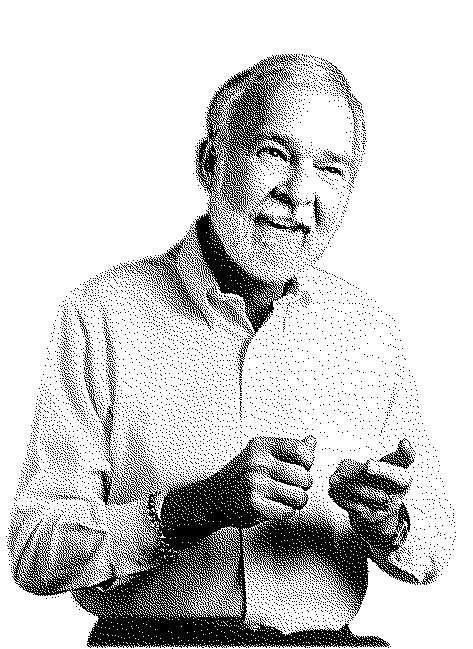When I was in the academic part of my clinical training a professor whom I came to love and respect over the years ended one of his lectures by saying, "Gentlemen (there were no women in this group), if you are lucky, you will grow old, get sick and die. And, so will everyone you love. That's if you are lucky." Here he paused to let the effect of his words sink in. Then, he added, "Have a nice day." Then, he left the room.
I have used his line in numerous talks. It wasn't until years later that I would discover that his sentiments were not original with him. This teaching is at the heart of Buddhism. Life contains inevitable difficulties, disappointments and suffering. If we do not have this teaching thoroughly ingrained into our lives and supported by sound psychological and spiritual work, when the inevitability of suffering comes to us, we can despair and behave in ways that lead to one kind of death or another.
Recently many of us were saddened with the news of Robin Williams suicide. Those who are prominent figures get such attention. An even sadder fact is that every thirteen minutes someone in the United States completes the acts of suicide. The craziness of our ego-driven culture is shown in the way some people speak of suicide. Word comes that someone has attempted the act of suicide and, more often than not, the response is, "Were they successful?" We attach the word "success" to the act of taking one's life.
The largest demographic of people who complete the act of suicide are white males over the age of 35. In my work as a therapist I have developed a speciality of working with men who suffer from "covert" depression. Men who are affected by this kind of depression can easy turn to drugs, alcohol, withdraw into excessive use of video games and/or have affairs in an effort to ease a pain they are not even aware they have. Or, worse: they take their lives.
One of my teachers, Robert Johnson, was fond of telling the story of how a former client of his called him once and said, "I am having a crisis. I need to come in and see you right away. I'm thinking of committing suicide." Robert replied to him, "Good. Come in and let me help you do it without harming your body."
This was Robert's way of saying what every spiritual teacher has offered as a way to a life of more freedom and happiness. "If you want to have life, you must be willing to lose your life."
If a man has not found his purpose (which has nothing to do with work), does not become powerful (which is very different from being strong), does not know how to love (which is not the same as sex) and doesn't learn to be integrated; he is at risk.
What is required is the courage to do personal work. It isn't easy. The pain left in the wake of those who don't do the work, however, is unspeakable. Especially when the path chosen is suicide.
